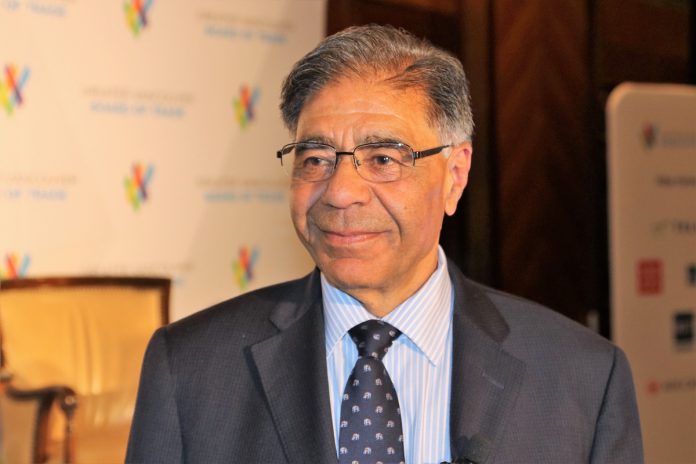THE Metro Vancouver Board of Directors endorsed a resolution on Friday calling upon the B.C. government to increase access to mental health services, and to partner with and support local police in all Metro Vancouver communities to more effectively help those having mental health crises.
A letter has been sent to Minister of Public Safety and Solicitor General Mike Farnworth and Mental Health and Addictions Minister Sheila Malcolmson.
“Police officers are not in the best position to deal with the serious health concerns of those who are in distress due to a mental illness, yet these types of interactions are a regular occurrence in Metro Vancouver,” said Sav Dhaliwal, Metro Vancouver Board Chair. “Health is the purview and responsibility of the Province, and should be administered by the Ministry responsible, in collaboration with local health authorities and front-line workers.”
Vancouver Police Department data show that 17 per cent of calls for service that resulted in a written report in 2020 involved someone who was suffering from a mental illness. That number has been relatively consistent for the last five years, and is considered an underestimation. The department recently commissioned a study that found more than 50 per cent of calls for service in the Downtown Eastside involved someone with a serious mental illness.
In B.C., the RCMP responded to more than 60,000 Mental Health Act occurrences in 2018 and 2019, which is believed to be an undercount.
“Having a mental illness is not a crime, and patients deserve appropriate care by trained psychiatrists, psychologists and social workers,” said Brad West, Chair of Metro Vancouver’s Mayors Committee. “As a society, it’s wrong that we send police officers to respond to individuals struggling with depression, schizophrenia and related medical issues without health-care experts at their sides. It’s unfair to both the individuals and the police. The model of partnering police with health-care professionals works well in the few cities it operates and it should become the norm across our region. The Province needs to step up to deliver the necessary supports to return people to good health.”
Some local police agencies have, out of necessity, established their own mental-health units and programs, which involve partnerships with health authorities and community groups, and provide extra training for officers. However, the Metro Vancouver Board recognizes the limitations local jurisdictions face, and believes more should be done to support, including financially, both police and those with mental illness.
Read the letter here.













